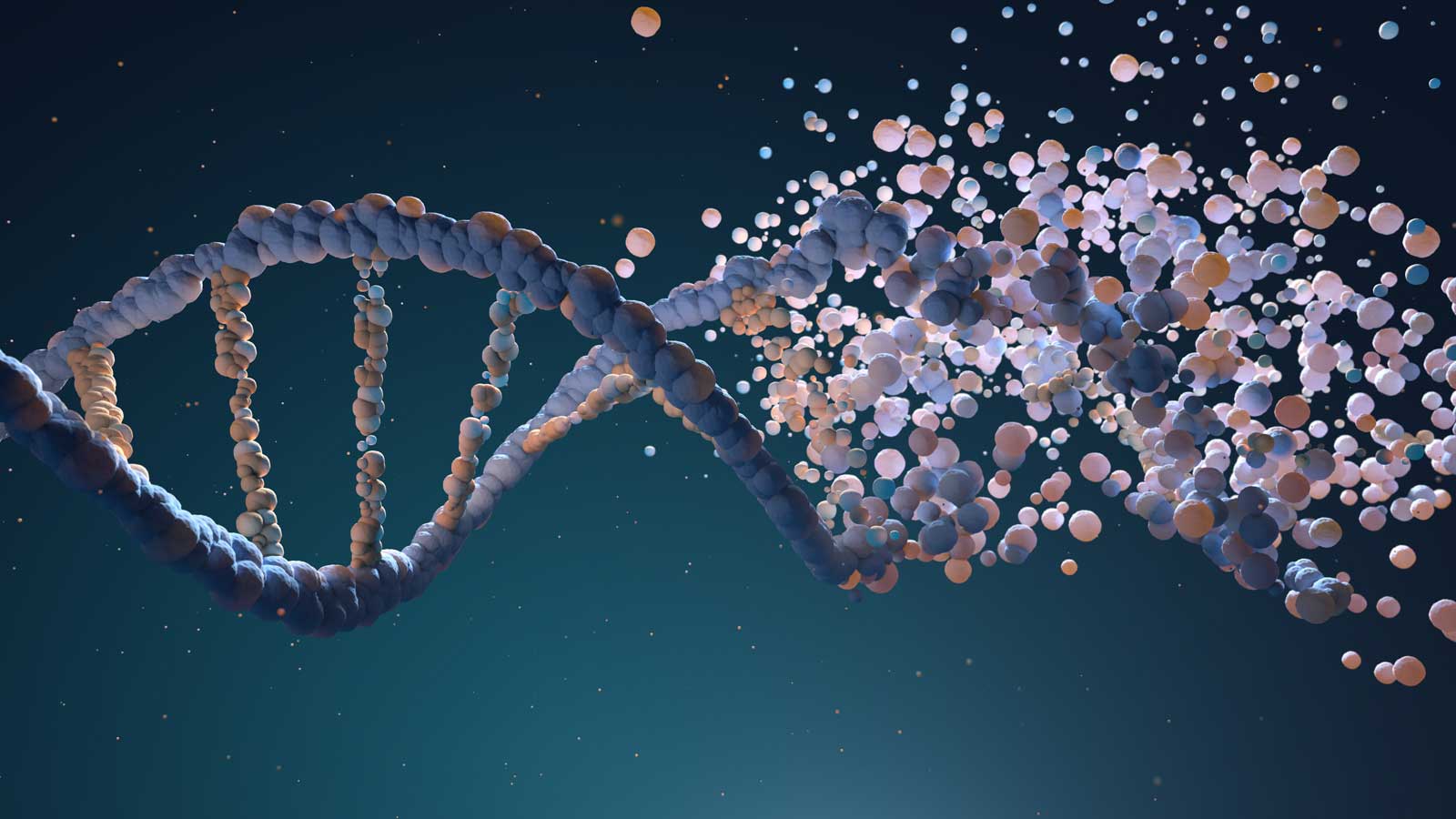Understanding your body’s ability to recover, adapt and thrive
What is resilience?
Resilience is your body’s ability to recover from stress and disruption—like illness, medication, travel, diet changes, or emotional strain—without getting stuck in dysfunction.
A resilient system bounces back after a challenge. It restores balance on its own, without needing constant intervention.
What counts as stress?
Most people think of stress as a big life crisis. But your body doesn’t make that distinction. It reacts to all stress in similar ways — whether it’s:
- Ongoing work pressure
- Emails and notifications
- Family conflict
- Overtraining at the gym
- Running on too little sleep
- Feeling overwhelmed or overcommitted
To your nervous system, these are all a version of “being chased by a tiger”. Your body prepares to survive, not heal or digest. When stress is constant, your body never gets the chance to recover — and resilience starts to wear down.
What does a resilient body look like?
A resilient body and microbiome can:
- Recover quickly from illness or setbacks
- Tolerate a wide range of foods and environments
- Maintain energy and function during life’s ups and downs
- Stay well without strict diets or constant supplement use
What causes loss of resilience?
When your system loses resilience, you may notice:
- Post-viral crashes that take weeks or months to recover from
- Growing list of food or chemical sensitivities
- Strong reactions to stress, noise, light, or histamine-rich foods
- Feeling like your health depends on staying in a “safe bubble”
- Needing a stack of supplements just to get through the day
This is often called protocol dependence — when your body can’t stay balanced without ongoing outside help.
Balance isn’t a luxury — it’s essential
To build and maintain resilience, your nervous system needs rhythm:
- Work and purpose
- Play and fun
- Stillness and rest
- Even boredom or doing nothing
This is how your body recharges and repairs. Without this balance, even the best diet or supplements won’t restore true resilience.
The goal: restore your body’s ability to self-regulate
The long-term aim isn’t to manage symptoms forever — it’s to rebuild your system’s natural strength and flexibility. This means needing less over time, not more.
When resilience returns, you can handle life’s changes without crashing — and enjoy more freedom in how you eat, move, and live.
Questions to reflect on:
- Am I constantly under pressure — even low-level?
- Can I rest without guilt?
- Do I need lots of support just to feel “normal”?
- What small changes could help me create more balance?
Resilience is not a personality trait. It’s a biological state you can rebuild.
And rebuilding it begins with giving your system what it needs: rhythm, rest, repair — and room to breathe.







